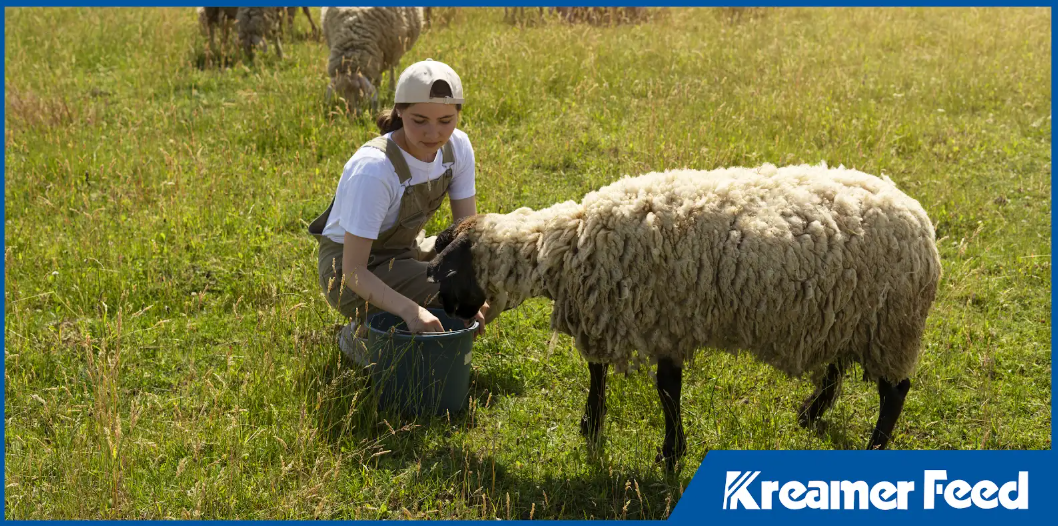As the seasons change and pasture growth slows, many farmers face one of the most critical points in livestock management: the pasture to feed transition. Moving animals from grazing to a stored feed diet is more than a seasonal adjustment; it’s a nutritional and digestive shift that requires care, planning, and patience. A smooth livestock feeding transition not only keeps animals healthy but also supports consistent performance, weight gain, and productivity.
At Kreamer Feed, we’ve been helping farmers manage these seasonal changes since 1947. We understand that every herd or flock is unique, and a thoughtful feeding plan can make all the difference in reducing stress and maintaining animal well-being.
Why the Pasture-to-Feed Transition Matters
When livestock graze on pasture, their digestive systems adapt to a high-moisture, fiber-rich diet. As temperatures drop and forage becomes scarce, introducing stored or formulated feed becomes necessary. However, sudden diet changes can upset the microbial balance in the digestive system, leading to issues like reduced feed intake, bloating, or digestive stress.
A gradual feeding adjustment allows the rumen or digestive tract to adapt to new feed components, ensuring animals continue to thrive during the transition. The goal is to keep both nutrition and comfort in balance.
Step 1: Start the Transition Early
Begin introducing new feed while animals are still grazing. Gradually add small amounts of grain, pellets, or mixed feed to their routine over 7–10 days. This helps livestock adjust to the texture, flavor, and density of their new ration while still benefiting from natural forage.
For example, if cattle are moving from lush pasture to a formulated feed, start by offering a few pounds of feed per head daily and increase the amount incrementally. For poultry or smaller livestock, gradual mixing of old and new feed ensures smoother acceptance and digestion.
This slow, steady feeding adjustment prevents digestive shock and encourages healthy eating habits.
Step 2: Maintain Consistency and Quality
Consistency is key in minimizing stress and supporting feed efficiency. Choose a high-quality feed formulated to meet your animals’ nutritional needs during the non-grazing season.
At Kreamer Feed, we emphasize feed quality control and balanced nutrition in every product we manufacture, whether for cattle, goats, poultry, or swine. Our formulations are designed to deliver nutrient stability and promote optimal growth and health throughout seasonal changes.
Make sure to also maintain consistent feeding times and routines. Livestock thrive on predictability, and even small changes in feeding schedule can affect intake and performance.
Step 3: Keep an Eye on Animal Health
Monitor your animals closely during the transition. Look for early signs of stress such as reduced appetite, digestive irregularities, or changes in body condition. Providing plenty of clean water is essential, as hydration supports digestion and nutrient absorption.
If possible, adjust feed type or quantity gradually based on your animals’ response. For larger herds, dividing animals into groups by size or condition can help ensure even feed access and prevent competition.
A pasture grazing to feed management plan also benefits from environmental adjustments. Make sure animals have comfortable shelter and dry bedding to minimize weather-related stress.
Step 4: Partner with Trusted Experts
Managing a livestock feeding transition successfully requires both good planning and the right feed partner. As a family-owned and operated company, Kreamer Feed takes pride in offering expert guidance and customized feeding solutions tailored to your operation.
Our team of nutrition specialists works directly with farmers to ensure that transitions between pasture and feed are as seamless as possible. From ration recommendations to on-site support, we’re committed to helping you protect animal health and performance through every season.
Smooth Transitions, Strong Results
A successful pasture to feed transition doesn’t happen overnight. It’s built through careful preparation, consistent management, and the right nutritional support. With a thoughtful approach, you can minimize feed stress in livestock, maintain productivity, and set your animals up for success all year long.
At Kreamer Feed, we’re here to make sure every shift in your feeding program is a smooth one. Because when your animals thrive, your farm does too.





0 comments